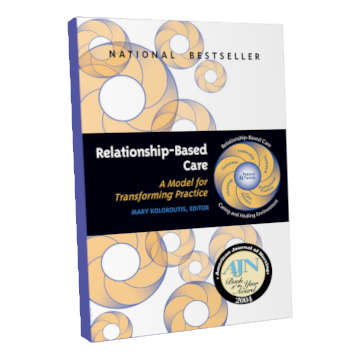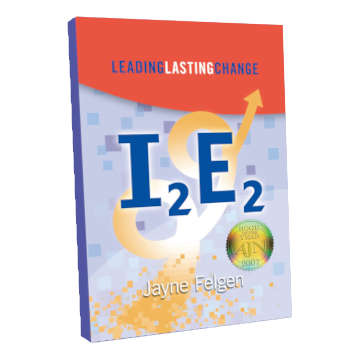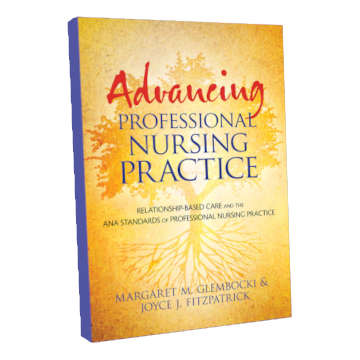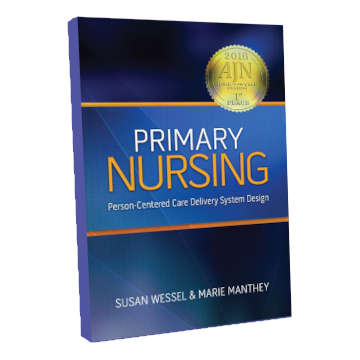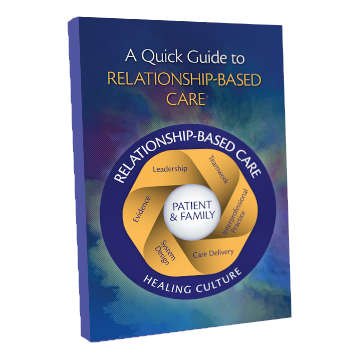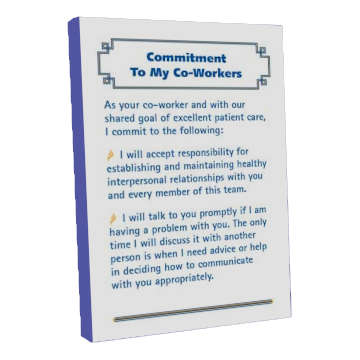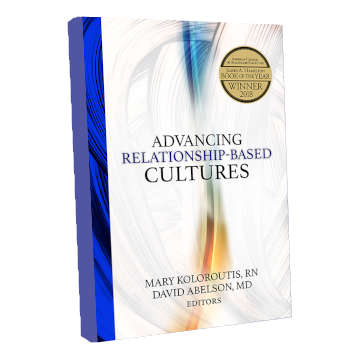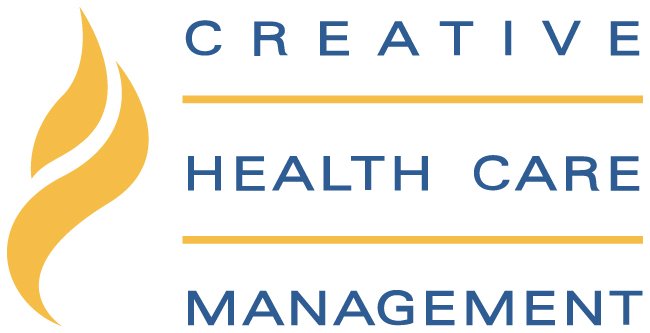by Susan Wessel, Creative Health Care Management
People in organizations often accomplish their goals through meetings. Meetings help us gain differing perspectives and come to a cohesive plan. Those meetings need not be filled with tedium. Part of the leader’s role, whatever their position, is to bring hope and inspiration to meetings even as he or she keeps steady progress through the agenda.
Groups accomplish more and collaborate more fully when they get to know each other as people. We at Creative Health Care Management offer a best practice that instills positive energy, helps recognize progress, and creates a connection between members.
Start with an Appreciative Question
We suggest a check-in with each person at the start to focus everyone’s attention on the meeting and the people assembled. Very simply, the meeting chair asks that each person share a short reflection in answer to a question posed by the leader. This question should be worded to elicit something positive. This is a part of the science of Appreciative Inquiry. Appreciative questions may be asking for a success or a story.
Here are just a few examples of questions you could use to start a meeting:
- Share something you’re proud of having accomplished recently.
- What have you done for yourself lately that helped you with work-life balance?
- What in your work makes you hopeful?
- Share something you appreciate about one of your colleagues.
- What gives you pride and meaning in your work?
For an in-person meeting, this check-in works best if you write the question on a white board or flip chart. If you are sharing the question verbally (or if anyone is participating virtually), be sure to repeat it a second time to help folks remember it. Finally, be sure to share your own answer to the question.
Using these appreciative questions to begin meetings is just one way to help create positive energy!
Relationship-Based Care: A Model for Transforming Practice
I2E2: Leading Lasting Change
Advancing Professional Nursing Practice: Relationship-Based Care and the ANA Standards
Primary Nursing: Person-Centered Care Delivery System Design
A Quick Guide to Relationship-Based Care
A Quick Guide to Relationship-Based Care is a 68-page booklet outlining the basics of Relationship-Based Care®. This valuable resource is ideal for orientation of the entire workforce in organizations implementing Relationship-Based Care.
Commitment to My Co-Workers© Health Care Card
Recently edited and redesigned to increase clarity, they are used by thousands of health care workers around the world.
Advancing Relationship-Based Cultures
Advancing Relationship-Based Cultures explains and expands a fundamental and often overlooked truth in health care: It is the confluence of relational and clinical competence that advances relationship-based healing cultures.
Relationship-Based Care: A Model for Transforming Practice
I2E2: Leading Lasting Change
Advancing Professional Nursing Practice: Relationship-Based Care and the ANA Standards
Primary Nursing: Person-Centered Care Delivery System Design
A Quick Guide to Relationship-Based Care
Commitment to My Co-Workers© Health Care Card
Recently edited and redesigned to increase clarity, they are used by thousands of health care workers around the world.
Advancing Relationship-Based Cultures
Advancing Relationship-Based Cultures explains and expands a fundamental and often overlooked truth in health care: It is the confluence of relational and clinical competence that advances relationship-based healing cultures.


